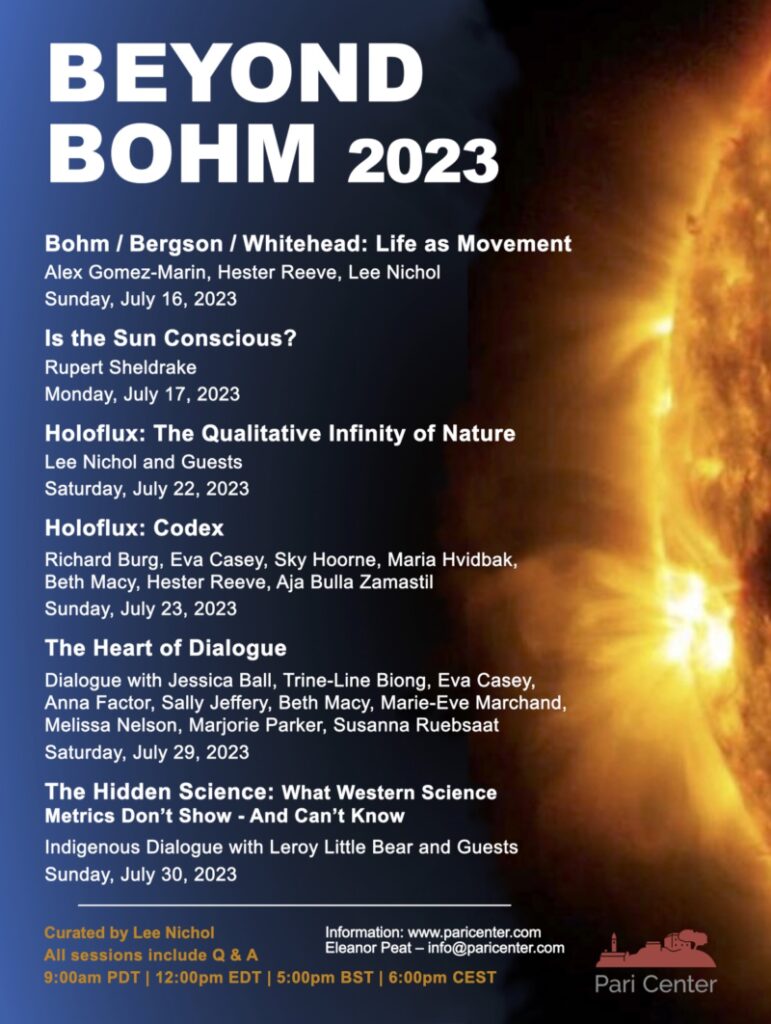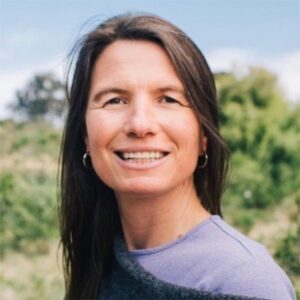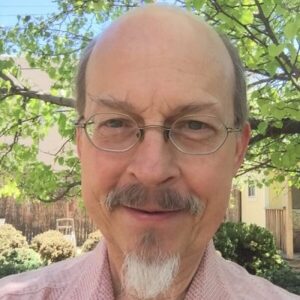Your cart is currently empty!

The Hidden Science: What Western Science Metrics Don’t Know – And Can’t Know
- This event has passed.
July 30, 2023 @ 6:00 pm – 9:00 pm CEST


The Hidden Science: What Western Science Metrics Don’t Know – And Can’t Know
Indigenous Dialogue with Leroy Little Bear and Jeannette Armstrong, Greg Cajete, Marie-Eve Marchand, Kent Monkman, Melissa Nelson, Lee Nichol
Sunday July 30, 2023
9:00am PDT | 12:00pm EDT | 5:00pm BST | 6:00pm CEST
3-hour session
The session is live and you will be sent the RECORDING.
Don’t miss this third annual Indigenous Dialogue, facilitated by Leroy Little Bear. This year we will have an extended dialogue session – two full hours of dialogue, a short break, then another hour of Q&A with Leroy and his guests. Our topic this year promises to be no less provocative than those of previous years, as we find ourselves in the interface of western and indigenous world views.
To see the Full Beyond Bohm program

Leroy Little Bear, PhD. Blackfoot Native—Professor Emeritus University of Lethbridge, Canada
Leroy Little Bear was born and raised on the Blood Indian Reserve (Kainai First Nation), approximately 70 km west of Lethbridge, Alberta. One of the first Native students to complete a program of study at the University of Lethbridge, Little Bear graduated with a Bachelor of Arts Degree in 1971. He continued his education at the College of Law, University of Utah, in Salt Lake City, completing a Juris Doctor Degree in 1975.
Following his graduation, Little Bear returned to his alma mater as a founding member of Canada’s first Native American Studies Department. He remained at the University of Lethbridge as a researcher, faculty member and department chair until his official retirement in 1997.
In recent years Little Bear has continued his influential work as an advocate for First Nations education. From January 1998 to June 1999 he served as Director of the Harvard University Native American Program. Upon his return to Canada, he was instrumental in the creation of a Bachelor of Management in First Nations Governance at the University of Lethbridge—the only program of its kind in the country.
Along with his wife, Amethyst First Rider, Little Bear brought about the historic Buffalo Treaty between First Nations on both sides of the USA-Canada border in 2014. Little Bear was inducted into the Alberta Order Excellence and the Order of Canada in 2016 and 2019 respectively. After a lifetime of educational service, Little Bear remains a dedicated and dynamic teacher and mentor to students and faculty at the University of Lethbridge. He continues to pursue new research interests including North American Indian science and Western physics, and the exploration of Blackfoot knowledge through songs, stories and landscape.
Dr. Little Bear is the co-author of several books on self-government and Aboriginal rights, including Pathways to Self Determination, Quest For Justice, and Governments in Conflict.

Jeannette Armstrong, Syilx Okanagan, is Associate Professor and Canada Research Chair in Indigenous Okanagan Philosophy at UBC Okanagan Campus. She is a fluent speaker and teacher of the Nsyilxcn Okanagan language, and a traditional knowledge keeper of the Okanagan Nation. She is a founder of En’owkin, the Okanagan Nsyilxcn language and knowledge institution of higher learning of the Syilx Okanagan Nation. She holds a Ph.D. in Environmental Ethics and Syilx Indigenous Literatures.
Jeannette is the recipient of the Eco Trust USA Buffett Award in Indigenous Leadership, and in 2016 received the BC George Woodcock Lifetime Achievement Award. She is an author whose published works include poetry, prose and children’s literary titles, and academic writing on a wide variety of Indigenous issues. She currently serves on Canada’s Traditional Knowledge Subcommittee of the Committee on the Status of Endangered Wildlife in Canada. Jeannette was recently named to the class of 2021 as a Fellow in the Royal Society of Canada.
Jeannette Armstrong was made Officer of the Order of Canada, as announced by Governor General of Canada, Mary Simon, on June 30, 2023
Some of her publications include:
- Slash. Theytus, 1987; revised edition, 1998.
- Whispering in Shadows. Theytus Books, 1999.
- Breathtracks. Theytus, 1991.
- Enwhisteetkwa; Walk in Water (for children). Theytus, 1982.
- Neekna and Chemai (for children), illustrated by Barbara Marchand. Theytus, 1984.
- with Douglas Cardinal. The Native Creative Process: A Collaborative Discourse. Theytus, 1992.

Gregory Cajete is a Native American educator whose work is dedicated to honoring the foundations of Indigenous knowledge in education. Dr. Cajete is a Tewa Indian from Santa Clara Pueblo, New Mexico.
Dr. Cajete is a practicing ceramic, pastel and metal artist. He is extensively involved with art and its application to education. He is also a scholar of herbalism and holistic health. Dr. Cajete also designs culturally-responsive curricula geared to the special needs and learning styles of Native American students.
He worked at the Institute of American Indian Arts in Santa Fe, New Mexico for 21 years. While at the Institute, he served as Dean of the Center for Research and Cultural Exchange, Chair of Native American Studies and Professor of Ethno- Science. He is the former Director of Native American Studies (18 years) and is Professor Emeritus in the Division of Language, Literacy and Socio Cultural Studies in the College of Education at the University of New Mexico. In addition, he has lectured at colleges and universities in the U.S., Canada, Mexico, New Zealand, Italy, Japan, Russia, Taiwan, Ecuador, Peru, Bolivia, England, France and Germany.
Dr. Cajete has authored 10 books: “Look to the Mountain: An Ecology of Indigenous Education,” (Kivaki Press, 1994); “Ignite the Sparkle: An Indigenous Science Education Curriculum Model”, (Kivaki Press, 1999); “Spirit of the Game: Indigenous Wellsprings (2004),” “A People’s Ecology: Explorations in Sustainable Living,” and “Native Science: Natural Laws of Interdependence” (Clear Light Publishers, 1999 and 2000). “Critical Neurophilosophy and Indigenous Wisdom,” Don Jacobs (Four Arrows), Gregory Cajete and Jongmin Lee) Sense Publishers, 2010. “Indigenous Community: Teachings of the Seventh Fire,” (Living Justice Press, 2015). His most recent books are edited volumes entitled: “Native Minds Rising” and “Sacred Journeys” (John Charlton Publications, 2020). Dr. Cajete also has chapters in 36 other books along with numerous articles and over 350 national and international presentations.

Marie-Eve Marchand is a system entrepreneur who dedicates her life to bring culture, conservation sciences, communications, and policy together for better relationships between Peoples and Nature. Over the last decade, she has successfully coordinated the Bison Belong Initiative to bring back Bison in Banff National Park and is actively supporting The Buffalo: A Treaty of Cooperation, Renewal and Restoration as the Executive Director of the Indigenous-led International Buffalo Relations Institute. She is also a member of IUCN World Commission on Protected Areas (WCPA) and of the Species Commission, Bison Specialist Group and was the Business and Strategies Manager for the IUCN WCPA Post-2020 Task Force to support an ambitious Global Biodiversity Framework.
Marie-Eve is the Chair of the IUCN Green List Expert Assessment Group in Quebec, the first in Canada to improve effective management and governance for different relations to conservation in protected and conserved areas. She previously received the national Golden Leaf Award for her work on protecting the last undammed river in Southern Quebec, Dumoine River, and played a key role in the Quebec government’s commitment to protect at least half of Northern Quebec. She is from Lac-St-Jean, Quebec and she lives with her husband Harvey Locke in Banff National Park.

Kent Monkman (b. 1965) is an interdisciplinary Cree visual artist. A member of Fisher River Cree Nation in Treaty 5 Territory (Manitoba), he lives and works in Dish With One Spoon Territory (Toronto, Canada).
Known for his thought-provoking interventions into Western European and American art history, Monkman explores themes of colonization, sexuality, loss, and resilience—the complexities of historic and contemporary Indigenous experiences—across painting, film/video, performance, and installation. Monkman’s gender-fluid alter ego Miss Chief Eagle Testickle often appears in his work as a time-traveling, shape-shifting, supernatural being who reverses the colonial gaze to challenge received notions of history and Indigenous peoples.
Monkman’s painting and installation works have been exhibited at institutions such as The Metropolitan Museum of Art; Musée des Beaux-Arts de Montréal; Musée d’artcontemporain de Montréal; The National Gallery of Canada; Crystal Bridges Museumof American Art; Hayward Gallery; Witte de With Centre for Contemporary Art; Musée d’art Contemporain de Rochechouart; Maison Rouge; Philbrook Museum of Art; and Palais de Tokyo. He has created site-specific performances at The Metropolitan Museum of Art; The Royal Ontario Museum; Compton Verney, Warwickshire; and The Denver Art Museum. Monkman has had two nationally touring solo exhibitions, Shame and Prejudice: A Story of Resilience (2017-2020), and The Triumph of Mischief (2007-2010).
Monkman’s short film and video works, collaboratively made with Gisèle Gordon, have screened at festivals such as the Berlinale (2007, 2008) and the Toronto International Film Festival (2007, 2015). Monkman is the recipient of the Ontario Premier’s Award for Excellence in the Arts (2017), an honorary doctorate degree from OCAD University (2017), the Indspire Award (2014), and the Hnatyshyn Foundation Visual Arts Award (2014).
Kent Monkman was made Officer of the Order of Canada, as announced by Governor General of Canada, Mary Simon, on June 30, 2023

Melissa K. Nelson is an ecologist and Indigenous scholar-activist. She earned her Ph.D. in ecology at the University of California, Davis. Formerly a professor of American Indian Studies at San Francisco State University, she now teaches at Arizona State University in the School of Sustainability, Global Futures Laboratory. From 1993 to 2021, she served as the founding executive director and CEO of the Cultural Conservancy. She now serves as their president emerita. Melissa is the Bundle Holder for the Native American Academy. She is a contributor and co-editor of Traditional Ecological Knowledge: Learning from Indigenous Practices for Environmental Sustainability published by Cambridge University Press in 2018. She is also a contributor and the editor of Original Instructions: Indigenous Teachings for a Sustainable Future (2008). She is Anishinaabe/Métis/Norwegian and a member of the Turtle Mountain Band of Chippewa Indians.

Lee Nichol is a freelance writer and editor. His latest works are Entering Bohm’s Holoflux and, as editor, Holoflux: Codex – Form / Movement / Vision inspired by David Bohm (both from Pari Publishing). He was a long-time friend and collaborator of David Bohm, and is editor of Bohm’s On Dialogue, The Essential David Bohm, and On Creativity.
Lee has been on the faculty of the Arthur Morgan School in Celo, North Carolina; the Oak Grove School in Ojai, California; the Tibetan Nyingma Institute in Berkeley, California; and Denver University in Denver, Colorado. He sits on the Advisory Committee of the Pari Center, the Advisory Council of the Indigenous Education Institute, and is a member of the Founding Circle of the Native American Academy. He lives in Albuquerque, New Mexico with his wife Eva Casey.
